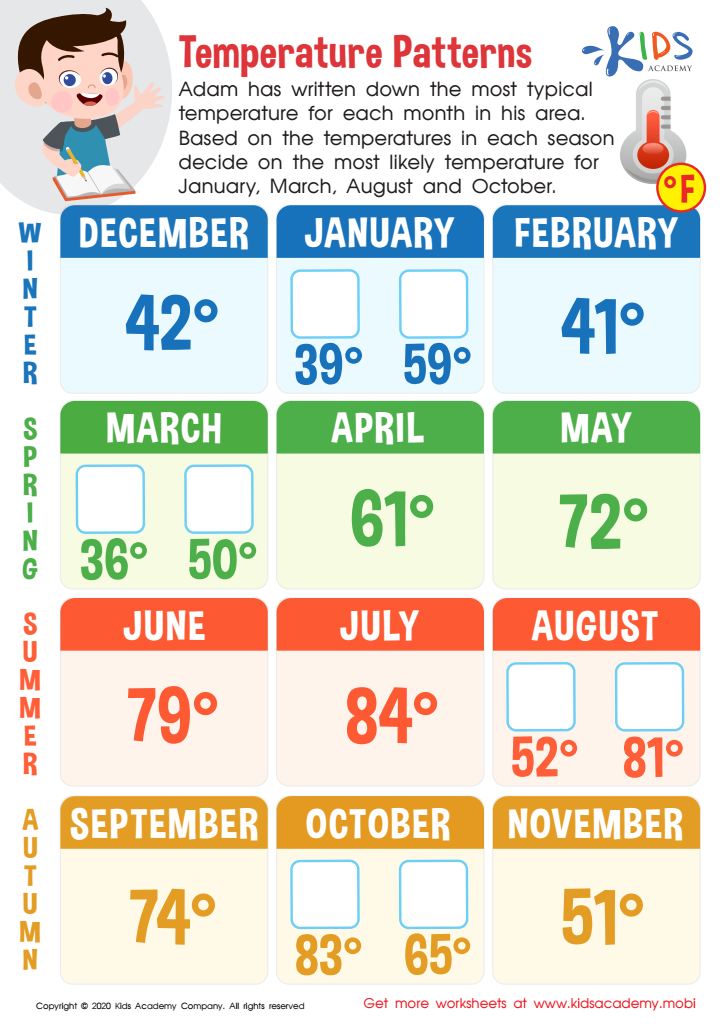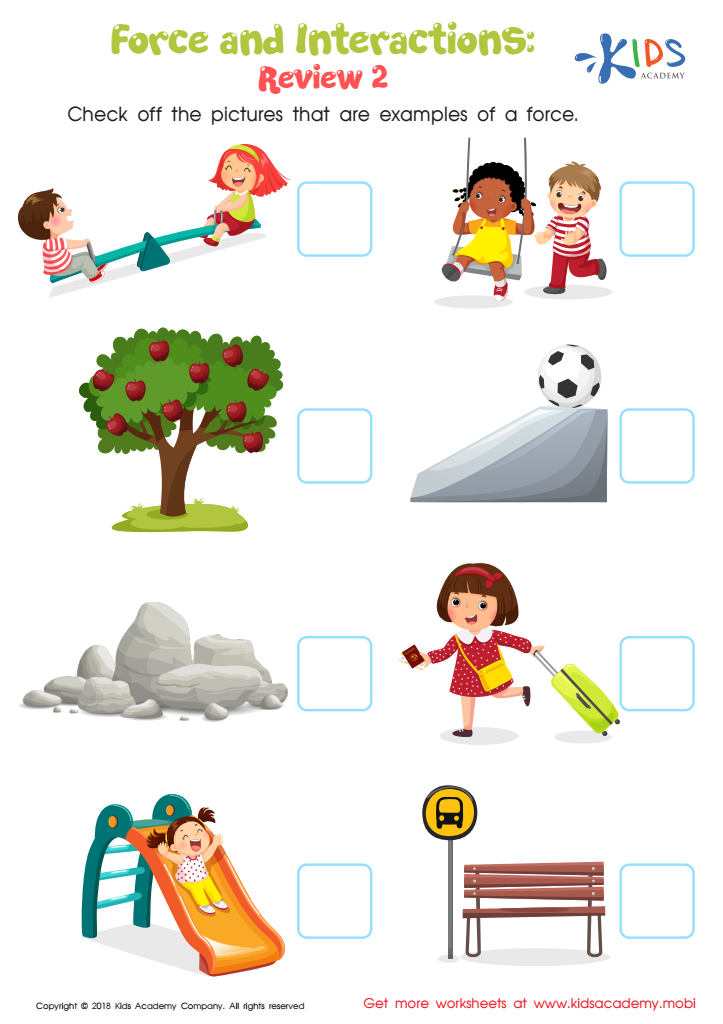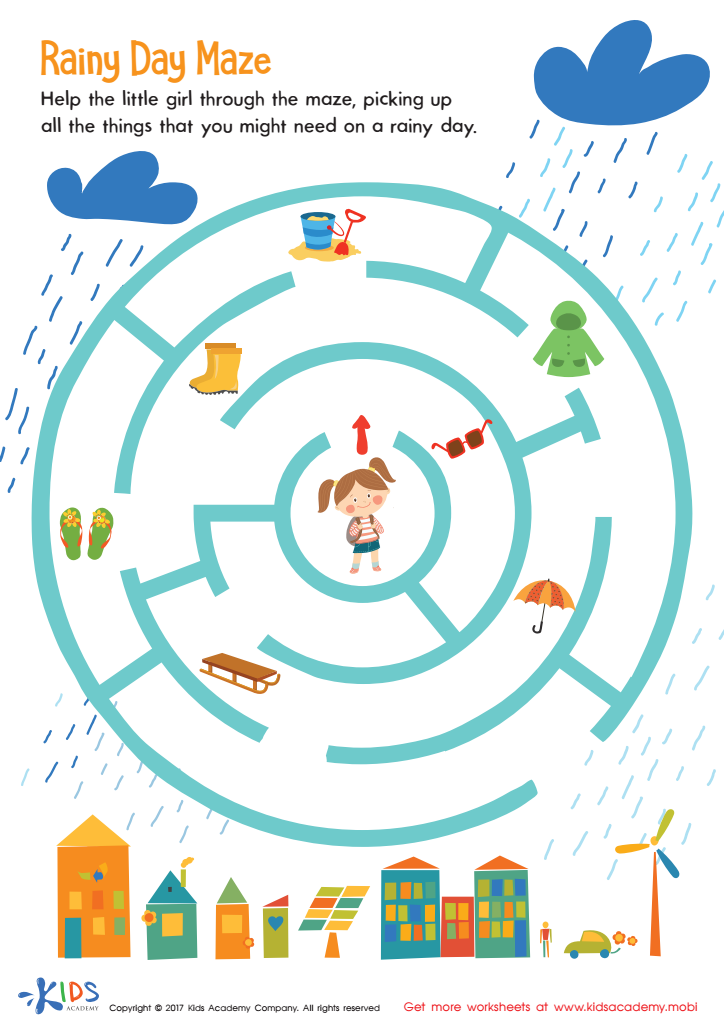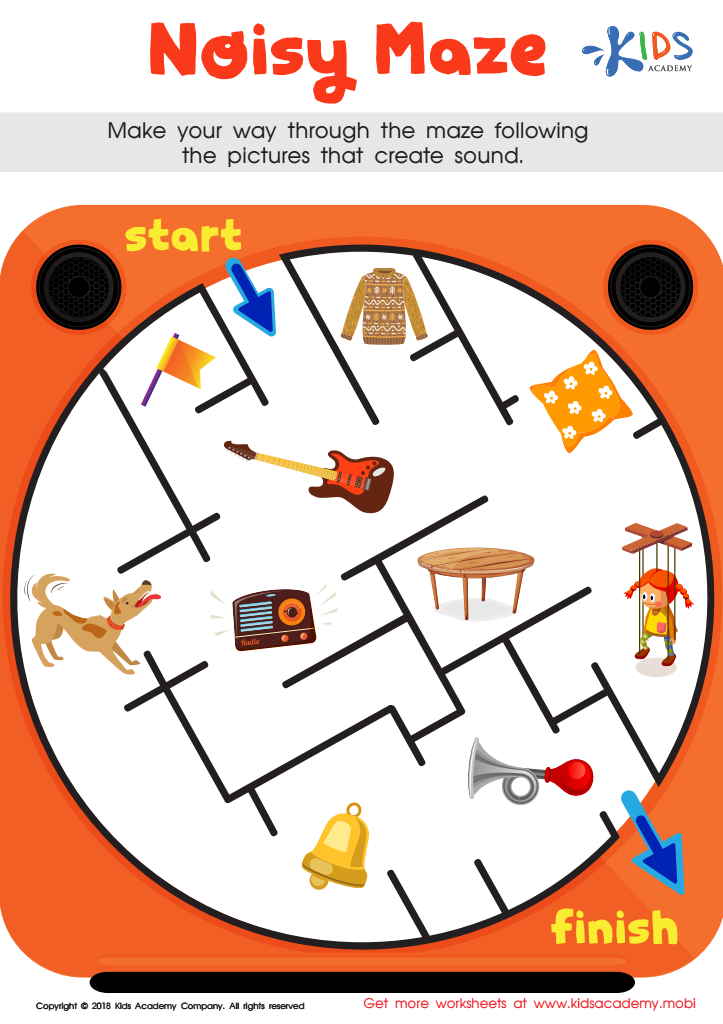Problem-Solving Skills Physical Science Worksheets for Ages 3-9
4 filtered results
-
From - To
Enhance your child's critical thinking with our "Problem-Solving Skills Physical Science Worksheets" designed for kids aged 3-9. These engaging worksheets blend fun activities with essential concepts in physical science, fostering analytical abilities in young learners. From basic experiments to hands-on challenges, children will explore phenomena like forces, motion, and energy while developing their problem-solving skills. Each worksheet is tailored to promote creativity and curiosity, making learning enjoyable and interactive. Perfect for parents and teachers alike, our resources stimulate growth in key areas, ensuring your child masters foundational scientific concepts. Equip your little one with the skills to think critically and solve problems!


Temperature Patterns Worksheet


Force and Interactions: Review 2 Worksheet


Rainy Day Maze Worksheet


Noisy Maze Worksheet
Parents and teachers should prioritize problem-solving skills in physical science for children ages 3-9 because these competencies serve as the foundation for critical thinking and lifelong learning. At this developmental stage, children are naturally curious about their surroundings. Engaging them in problem-solving activities related to physical science fosters their inherent curiosity and encourages exploration. By presenting young learners with hands-on experiences, such as simple experiments or interactive activities, adults can stimulate cognitive development, promote inquiry-based learning, and inspire scientific thinking.
Moreover, developing problem-solving skills in early education helps children learn how to identify challenges, hypothesize solutions, experiment, and evaluate their results. These skills are essential not only in science but across all academic subjects and everyday situations. Early exposure to such experiences builds resilience and perseverance, as children learn to navigate failures and celebrate successes.
Additionally, problem-solving in the context of physical science can help children understand fundamental concepts such as gravity, motion, and energy in a tangible way, making learning fun and impactful. By nurturing these skills, teachers and parents not only enhance academic performance but also equip children with critical tools for their future in a rapidly evolving world.
 Assign to My Students
Assign to My Students















